Self-isolation rules UK: How long do you have to quarantine for under the new government measures?
What are the self-isolation rules for the UK? Here are your questions answered, plus expert advice on how to get the most out of quarantine.

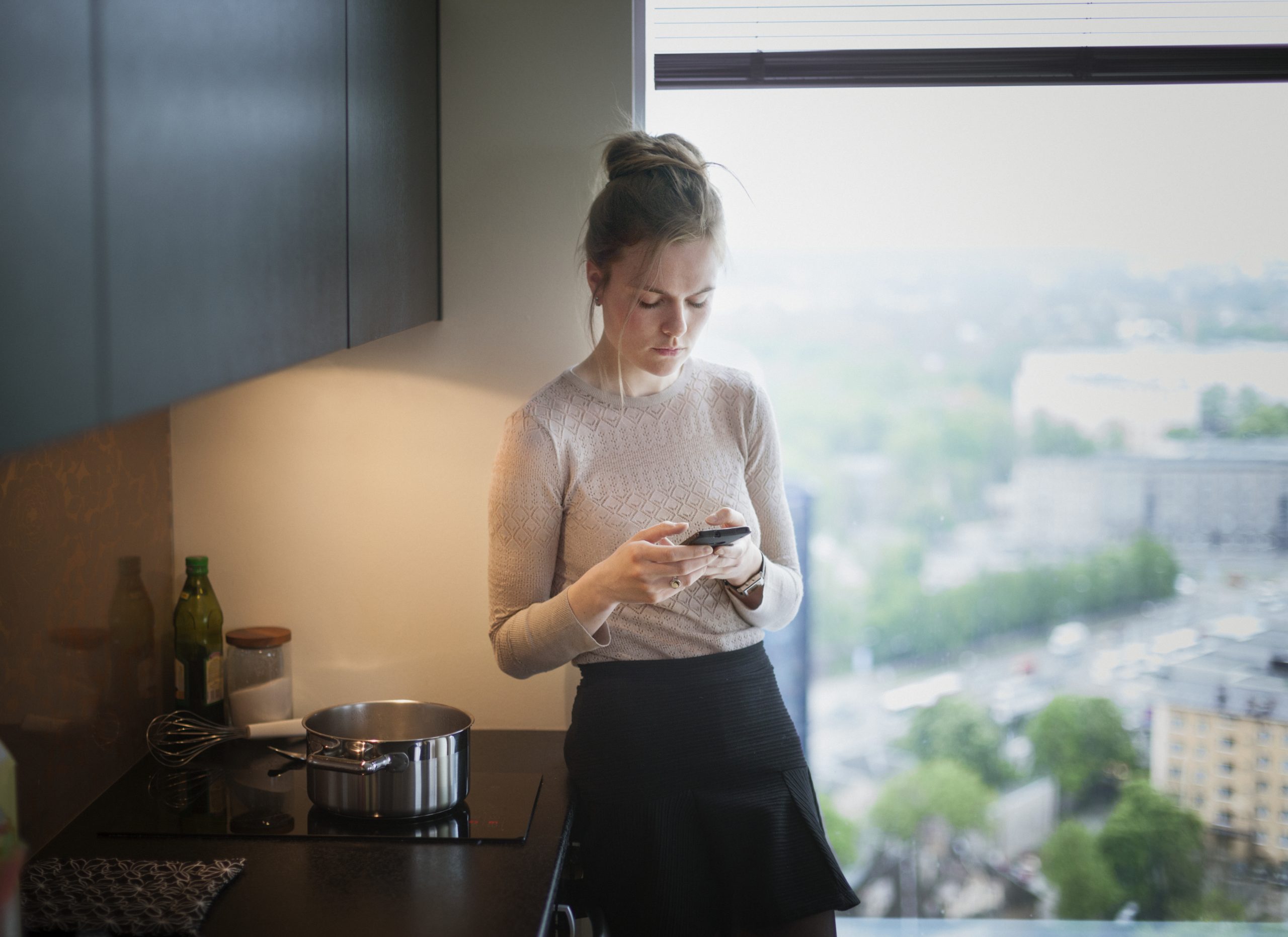
Self-isolation rules for the UK have been enforced in some way since almost the beginning of the pandemic, with people electively choosing to go into quarantine most of the time as they begin to show symptoms of Covid-19 or recognise dangers in their surroundings.
However the UK self-isolation rules have changed very recently, so it's important to know the most up-to-date information about how long to self-isolate for, whether you are entitled to the self-isolation grant outside of Wales and how to apply for it, among many other important issues.
The rules come just as the Christmas lockdown rules were announced this month, with plenty of questions arising afterwards about whether schools would close early to allow a period of self-isolation for anyone who tested positive before the festive period. There was also a debate around how long the self-isolation period should last for those coming back from countries on the quarantine list, as part of the rules allowed for households to mix over four days.
With 2020 finally coming to a close (even if there is the potential for a January lockdown on the horizon), people also started to wonder if there were any countries they could go on holiday to without quarantine.
So to clear this up, the government's self-isolation rules for the UK have been recently updated to include all new information about when people have to quarantine and how long for, no matter the circumstances.
Self-isolation rules UK: What are the new measures put in place by the government?
It's important to self-isolate if you show any symptoms of Covid-19 including a high temperature, a new and continuous cough and a loss of taste and/or smell. But under the government's UK self-isolation rules to reduce the spread of coronavirus, there are other reasons that you may be required to self-isolate.
These include...
Parenting advice, hot topics, best buys and family finance tips delivered straight to your inbox.
- You have been diagnosed with coronavirus (even if you are asymptomatic).
- You live with someone who has coronavirus symptoms or has tested positive.
- Someone in your support bubble has symptoms or has tested positive for Covid-19.
- NHS Test and Trace has contacted you and told you to self-isolate.
- You've arrived from a country on the UK quarantine list.
As soon as one of these things happen, it's vital to self-isolate to stop the spread of Covid-19, "particularly to people who could become very sick if they catch the virus."
To effectively self-isolate, it's important for anyone under the UK self-isolation rules to not leave the house under any circumstances, except for medical emergencies. Exercise is off the table and quarantining individuals must not go outside for work or school. They can't use any public transport or private taxis and they have to have medicine and groceries delivered by a service, family or friends, who are among the groups of people not allowed to come inside the house.
The aim of self-isolation is to stop the spread of the virus so avoiding any contact with anyone outside your household, who might have already been exposed to the virus, is essential.
But there have been some new clauses and issues added around self-isolating recently, so it's normal to be confused. Here are your questions, answered.
How long do we have to self isolate?
From December 14, anyone who has been in contact with confirmed cases of coronavirus only has to self-isolate for 10 days under the new self-isolation rules. This is the rule across the UK and also includes anyone coming back from high-risk countries who would otherwise have to quarantine.
Anyone who has already entered quarantine and has been self-isolating for more than 10 days will be able to now resume normal life.
This will come as a huge relief to many, including businesses, tourism and aviation industries and coming back into the country after seeing family members over the holidays.
Why has self-isolation been reduced to 10 days?
The change in the rules comes as data shows coronavirus cases falling around most of England and Northern Ireland and a new mass testing system has been rolled out for secondary school children, their families and all staff members in areas of London, Kent and Essex where cases are rapidly rising.
"After reviewing the evidence, we are now confident that we can reduce the number of days that contacts self-isolate from 14 days to 10," The four UK chief medical officers (CMOs) said in a statement, "People who return from countries which are not on the travel corridor list should also self-isolate for 10 days instead of 14 days."
The self-isolation reduction has already been announced in Wales but it will apply to England, Scotland and Northern Ireland too.
Self-isolation grant: What is the £500 payment for quarantining?
There is now a self-isolation grant available to those on low-incomes, so anyone who has to quarantine will receive payment. Whereas previously, this was only offered to people who were told to stay at home by the human Test and Trace system, from Monday December 14, those who have downloaded and use the Test and Trace NHS app will be able to request the money virtually as well.
The £500 grant will be offered to all those who receive particular means-tested benefits and are told to self-isolate via the app, as well as via other methods. So anyone who is unable to work from home and as a result, if they were to self-isolate would lose income, is entitled to a payment of £500 for every period of isolation that they have to go through.
The scheme originally came into place in late September and offered claimants £500 for every time they or a family member had to self-isolate. The new app system will be similar in making the payment to all those currently receiving benefits, and also to all those who have to self-isolate, are unable to work from home and have a low income but but aren't on benefits.
As of March 13 2020, however, any employees who have been made to self-isolate have bee entitled to Statutory Sick Pay (SSP) from the first day they were absent at work. According to workplace expert ACAS, those who are employed by a company will receive SSP if they are off work for any of the following reasons...
- They have coronavirus.
- They have symptoms of coronavirus, such as a high temperature, a new and continuous cough, a loss of or damage to the sense of taste or smell.
- They live with someone who has confirmed coronavirus.
- They live with someone who has coronavirus symptoms.
- They have been advised to stay at home by their doctor because of an underlying health condition.
- A doctor or NHS 111 has told them to self-isolate.
- The test and trace service has told them to self-isolate because they have been in contact with someone who has tested positive for the virus.
This means that those who have to self-isolate because they have gone on holiday to a country not on the quarantine-safe list are not entitled legally to sick pay.
Anyone able to work from home will not be eligible for the £500 grant and proof will have to be provided to receive the payment.
What do I do if I’ve been exposed to someone who tested positive for Covid-19?
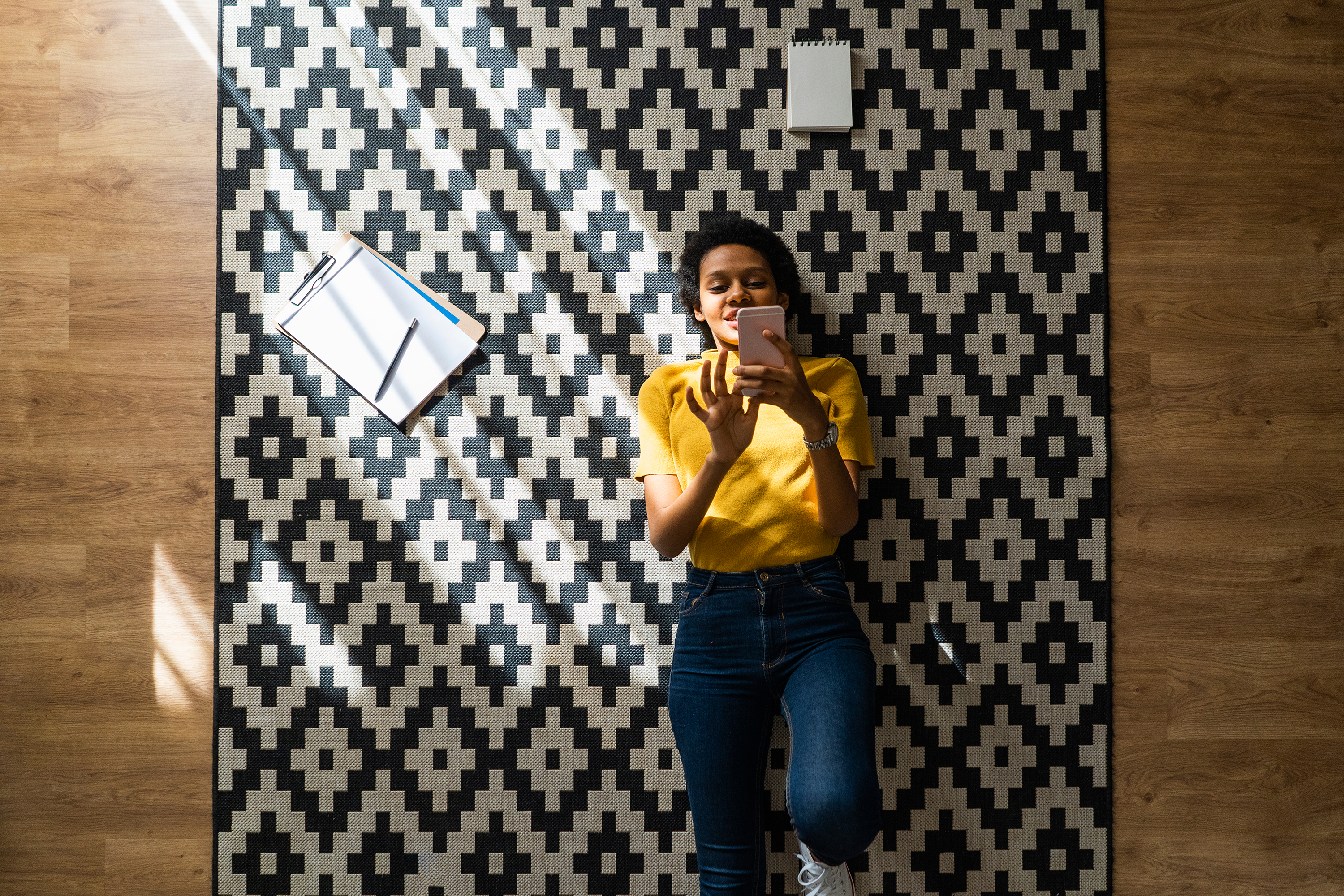
Anyone who has been exposed to someone who tested positive for Covid-19 should immediately enter a period of self-isolation, according to the latest government guidance. This period lasts for 10 days and begins on the day that the person you've been exposed to tested positive for Covid-19 or if it's possible, from the day they started to show symptoms.
Even if the exposed person doesn't have any symptoms, they must still self-isolate for 10 days as they could be asymptomatic and pass the virus onto others.
Under government guidance, there's no need to be tested for coronavirus if someone has just been exposed to the virus and doesn't have any symptoms. Even under the new advice updated on December 14, the government is advising people to only have a test if they begin to develop coronavirus symptoms or are asked to do so as part of community testing.
However, if someone exposed to the virus does have a test and receives a negative result, they still have to self-isolate for 10 days under the government's rules to avoid potentially exposing others.
Do I have to self isolate if someone in my house is self isolating?
If someone in a household or support bubble has tested positive for the virus and has to quarantine then all members of the household also have to quarantine for 10 days. The same goes for if one household member has been contacted by test and trace and told to self isolate; all must quarantine with them until there’s a negative test or the self-isolation period is over.
However if one member of the household has just returned from somewhere on the quarantine list of countries to the UK and that’s why they have to quarantine, without any symptoms, then the other members of the household or support bubble aren’t required to do the same. But if possible, they should remain at a social distance from the self-isolating individual.
The only case currently where this is different is for those coming from Denmark. Due to a new outbreak of coronavirus from the country’s mink population, anyone returning to the UK from Denmark and any members of the household and support bubble must self-isolate.
If my child has been sent home from school after a positive Covid-19 test in their class, do I have to self-isolate?
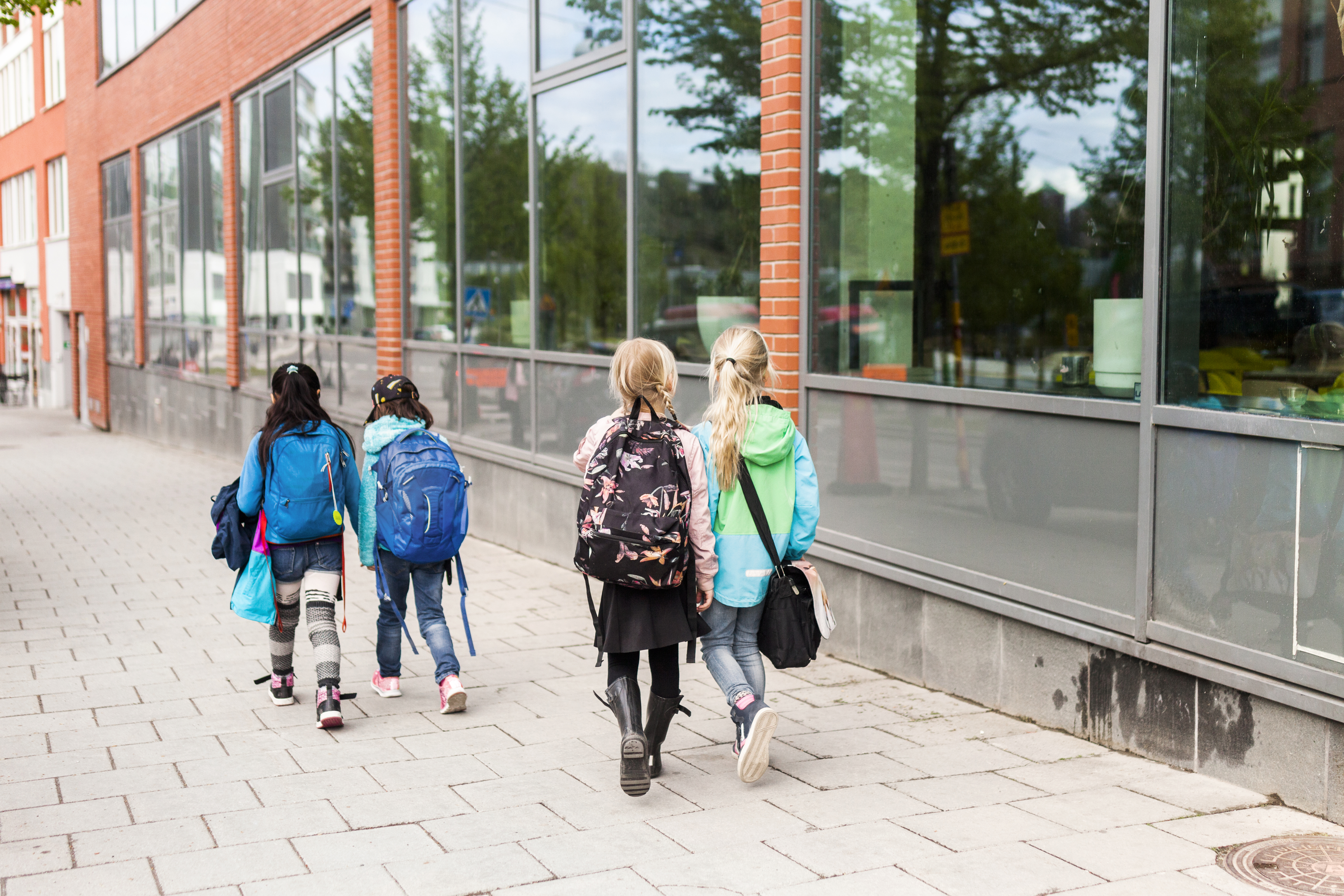
If your child has been sent home from school because someone in their ‘bubble’ or class has tested positive for the virus then they have to self-isolate at home. But any parents, family members or siblings in the household or support bubble aren’t required to do the same, unless the child starts to develop symptoms of Covid-19.
Then the whole house has to self-isolate under the medical advice issued by the government.
Naturally this is controversial among some families as if a child has been potentially exposed to the virus through their sibling at home, many believe that the child should then not be allowed to go back into school and risk spreading the virus further.
However, the fact that they don’t is one of the reasons behind why schools are staying open during lockdown. The government has prioritised the right for children to have an education this time around, as studies revealed that children’s education (in some cases more than others) suffered immensely under the first round of lockdown restrictions.
If my wife/husband/partner has to self isolate do I?
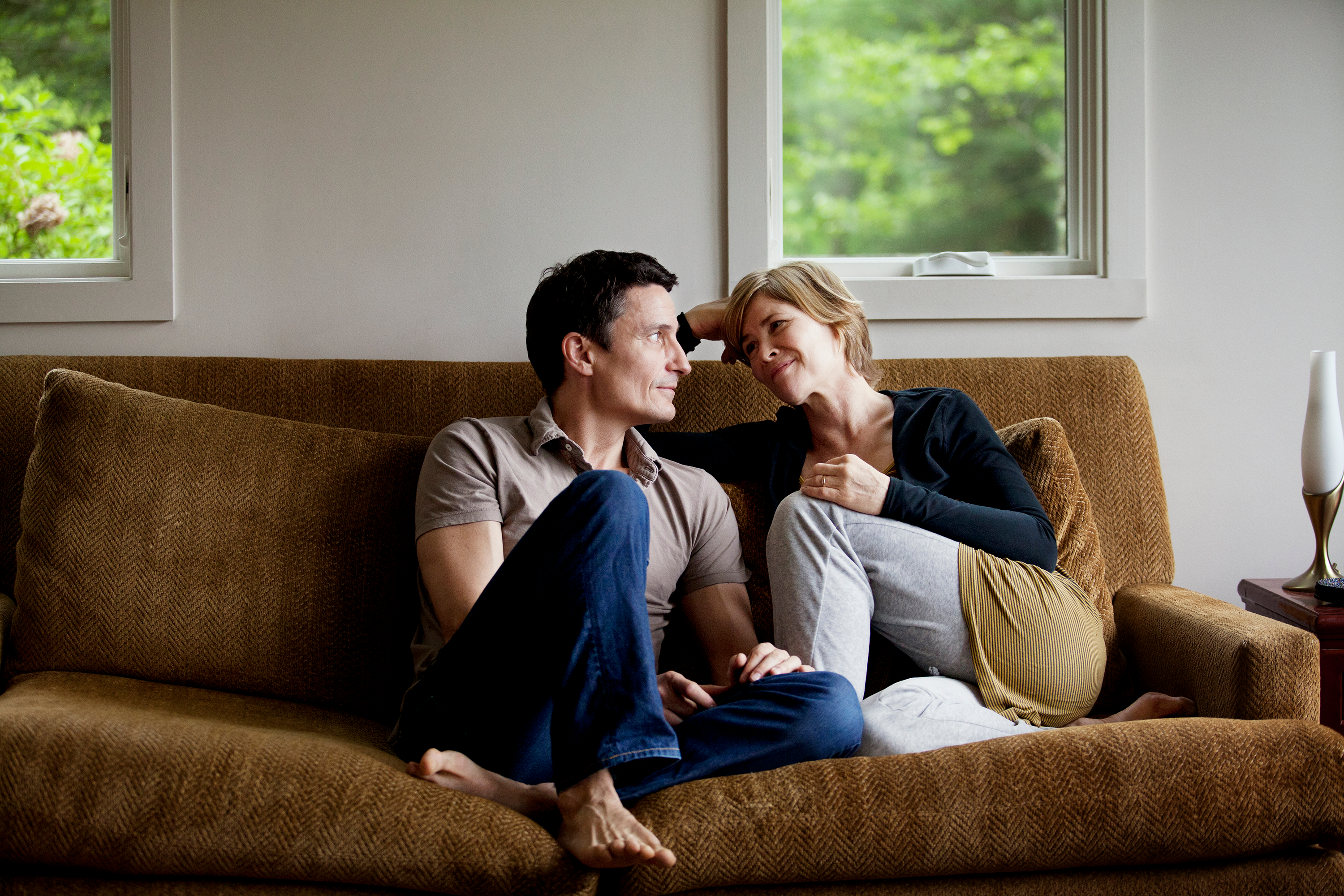
If your wife, husband or significant other that you share a room with has to self-isolate because they have been diagnosed with the virus, then certainly yes, you do have to self-isolate.
Couples must also self-isolate if one has been contacted by the test and trace system and told they have been exposed to the virus, at least until the self-isolation period is over or the exposed individual has received a negative test.
If one person is self-isolating because they have come back from a country not on the quarantine-free list of countries, then both don’t have to self-isolate by law.
However, due to the intimate nature of probably sharing a bedroom and other confined spaces with each other, it’s unlikely that couples will be able to appropriately socially distance from each other so it’s important to remain vigilant and always get a test for coronavirus if there are any symptoms.
Under the self-isolation rules for the UK, a similar situation could apply for those sharing bedrooms in a house share at university for instance.
Self-isolation rules UK: How to self-isolate at home with family
While many of us know these rules, as they have been in place since people first started self-isolating in March, they can be difficult to follow after months of being at home.
Have a look at these tips from behavioural psychologist Richard Daniel Curtis on how to self-isolate at home with family...
“It is important that we recognise the flexibility required to work and look after children.” He says, especially considering that childcare is off the table for all those in self-isolation. “More often, it is about our stresses and unrealistic expectations that cause difficulties.”
Working from home in self-isolation
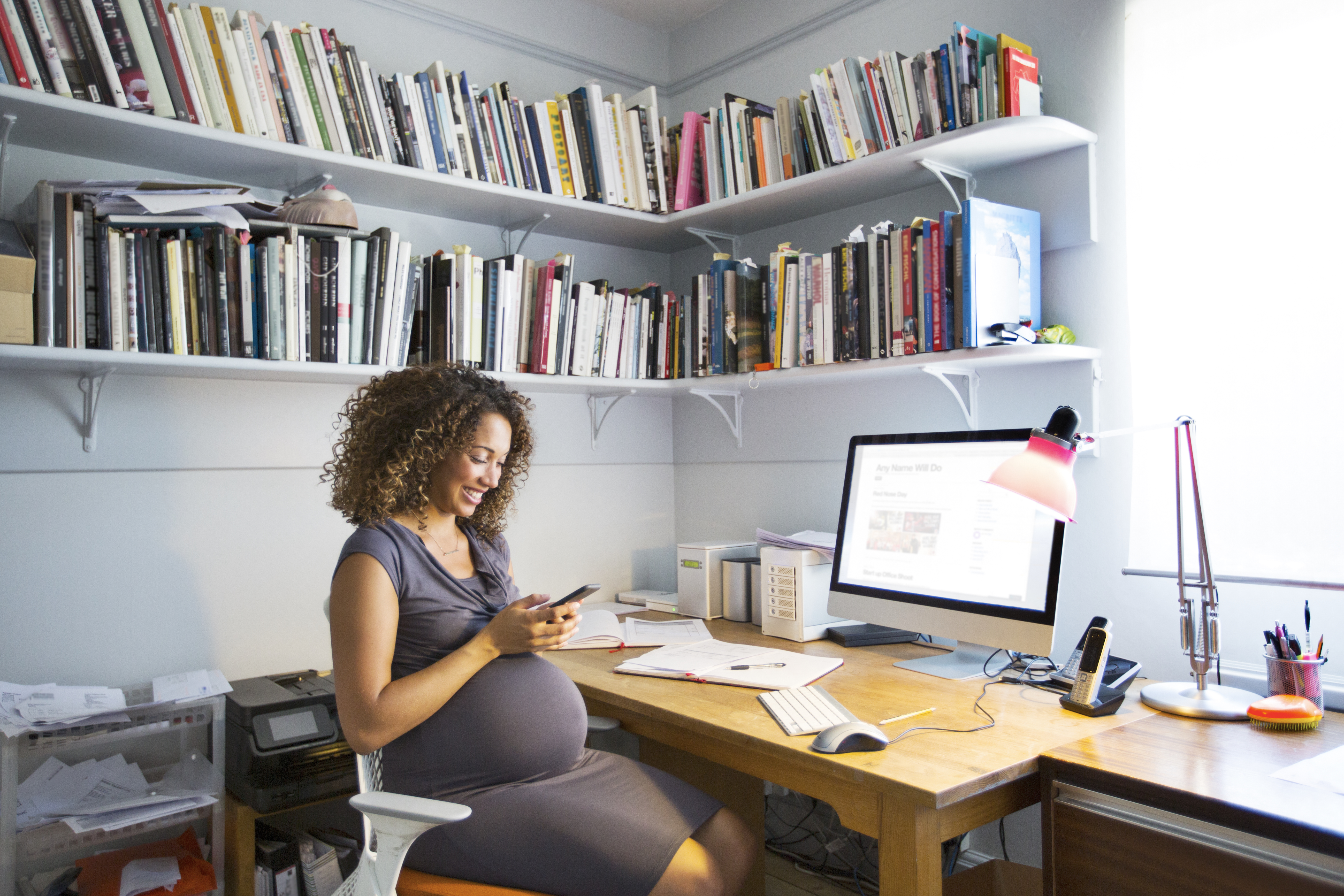
Richard suggests that if possible, parents and household members could alter their work patterns or break the day up. “I aim to work for 30-40 minutes of an hour and then spend 15-20 minutes with the children,” He says, “So they feel they have my attention without needing to interrupt me on calls.
“Even when they do, I will warn the person I am speaking to. I can hear my child coming and apologise in advance. If I need to speak to my children, I mute myself as a sign of manners.
“The reality is we are all in the same boat and from their end, it makes it alright for their children, pets, postal deliveries, phone doctors appointments to interrupt the meeting too.”
Looking after children in quarantine
Grandparents, childminders and other carers that might normally look after children too young to go to school aren’t allowed to come round if a household is quarantining. This means that, much like in the initial lockdown, parents and carers are once again having to work from home (if possible) and look after their children at the same time.
The most important thing, Richard says, is to “be present with your children when you are spending time with them. Yes, we all have things on our minds and stuff to do, but that’s not their stress. They are far less likely to seek your attention when you are working if they have your full attention at other times.”
Encouraging children to stay on top of work
A recent survey from Broadband Genie found that 95% of teachers believe that additional school closures will have a real impact on student’s school work and that 80% had made less progress than normal when working from home.
So encouraging children to stay on top of school work while they’re at home is really important. But as Richard reminds us, we’re in a pandemic and nothing is as it should be.
“In my opinion, the important thing is not to keep on top of the full schoolwork schedules, but keep it fun.” He advises, “A massive challenge in my field at the moment is about avoiding mental trauma and if a child learns to switch off from learning because of conflict, this will have longer implications than them not completing every activity set for them during this time.
“Focus on teaching a love of learning, not simply a completion of learning.”
This might include new, fun ways to learn outside of the classroom like through watching films about the period of history they’re studying or following along with some of the fun homeschool resources that have been made available over the last few months.
And on the weekends? Under the self-isolation rules for the UK, it's back to classic lockdown activities like baking, watching films, Zoom calls with family members and playing in the garden. Whether good or bad, at least the self isolation rules for the UK mean that you only have to quarantine for a maximum of two weeks.

Grace Walsh is a health and wellbeing writer, working across the subjects of family, relationships, and LGBT topics, as well as sleep and mental health. A digital journalist with over six years experience as a writer and editor for UK publications, Grace is currently Health Editor for womanandhome.com and has also worked with Cosmopolitan, Red, The i Paper, GoodtoKnow, and more. After graduating from the University of Warwick, she started her career writing about the complexities of sex and relationships, before combining personal hobbies with professional and writing about fitness.